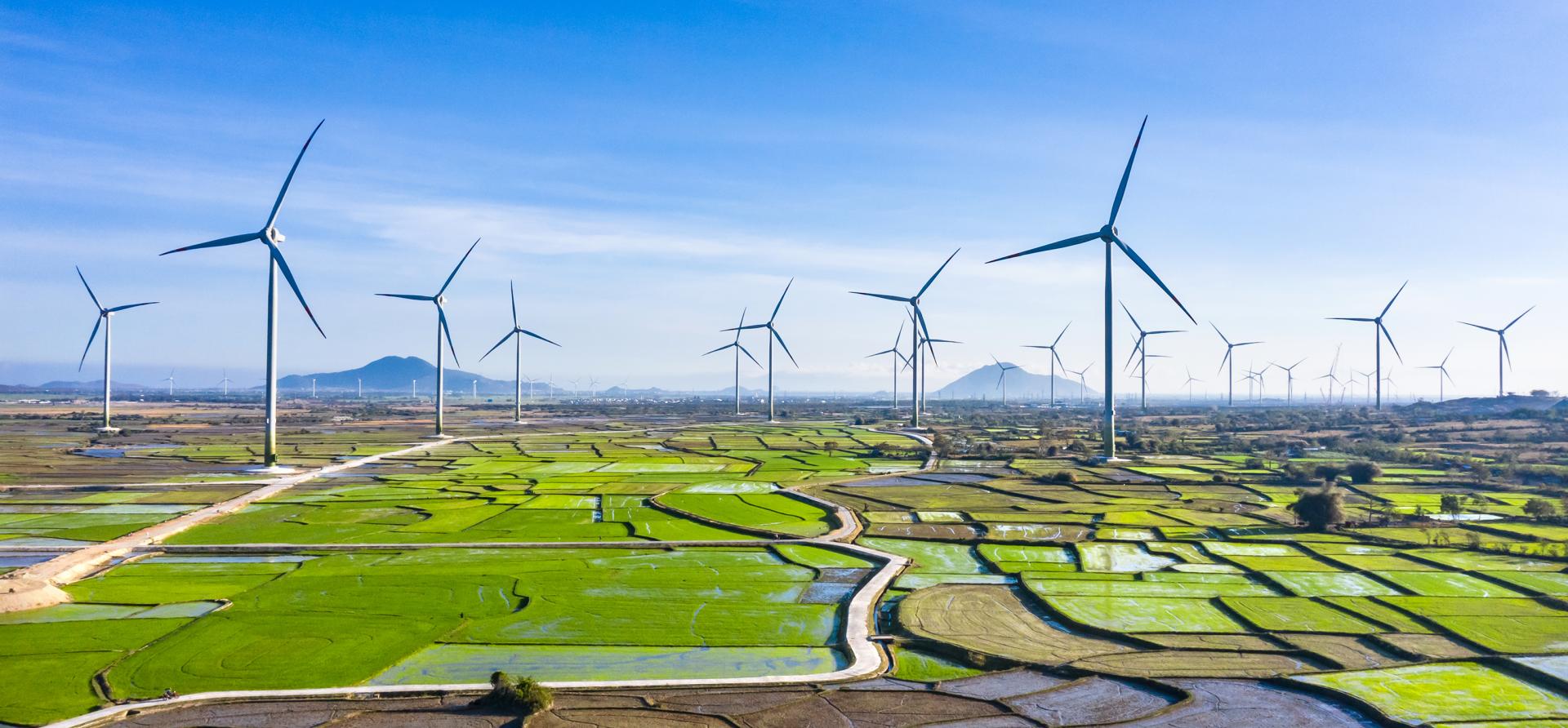Growth and environment can go hand in hand for Asian economies

Key Findings
Worried about security of supply in the face of growing energy demand, governments are yet to stop building new coal power plants. In 2022, China, India, Indonesia, Turkey and Zimbabwe added new coal plants and announced new projects.
What is really needed to ensure security of energy supply in our fast-growing region is access to technology know-how and low-cost capital. We need investments for deploying new clean technologies and transition financing for coal phaseouts.
As a summer of unprecedented heat-waves intensified by climate change draws to a close, this week the G20 leaders will meet in New Delhi, India. The UN Secretary-General António Guterres has warned that time is running out as the world inches closer to meltdown, and has called on all countries to accelerate action to cut emissions before it is too late. However, while the G20 is responsible for around 80% of global emissions, and was founded to enable the necessary co-ordination to prevent world crisis, leaders are expected to ignore these warnings and deliver no substantive progress on emissions reductions.
Fast-growing G20 heavyweight – China, India and Indonesia – argue that the cost of aggressively cutting emissions is simply too high and stiff targets will hamper economic development. But these arguments are getting weaker. As per a BNEF analysis, the costs of onshore wind and solar are below the cost of coal, and offshore wind is now on par with coal. A report by Ember, Centre for Research on Energy and Clean Air (CREA) and the Institute for Energy Economics and Financial Analysis (IEEFA) indicates that solar generation helped avoid at least US$34 billion in fossil fuel costs in seven Asian countries in the first half of 2022.
Indeed, governments across our region have recognised that the development of renewables is the key to future prosperity. The Indian government plans to add 250GW of renewable energy capacity in the next five years to achieve its target of 500GW of clean energy by 2030. In 2023 alone, China aims to add a whopping 160GW of solar and wind capacity. The country aims to bolster its position as a global renewables leader and, by doubling its wind and solar capacity by 1,200GW, is on track to reach its 2030 goal five years ahead of time.
Yet despite leading the world on renewable development, our governments, worried about security of supply in the face of growing energy demand, are yet to stop building new coal power plants. In 2022, China, India, Indonesia, Turkey and Zimbabwe added new coal plants and announced new projects. China accounted for 92% of all new coal project announcements. India is also pressing ahead with new coal power capacity, with 11.5 gigawatts (GW) of capacity moving forward through various approval stages in the first five months of this year.
This policy choice has potentially disastrous consequences for our region which is predicted to bear the brunt of the negative consequences of climate change: heat-waves, floods and rising sea-levels. The policy also does not have a strong economic basis as this additional coal capacity surplus to requirements. A study by Transition Zero indicates that Indonesia’s coal capacity already far exceeds its needs, and the country could save US$2 billion in early coal retirement. In India, the National Electricity Policy shows that the development of coal power capacity is more than the estimated demand requirements for 2027 and 2030.
By building new coal we are not only locking in emissions for decades to come, we are also locking in contracts that will lead to us paying more for our energy for decades to come undermining the ability of all sectors of our economy to compete on the global scale.
What is really needed to ensure security of energy supply in our fast-growing region is access to technology know-how and low-cost capital. We need investments for deploying new clean technologies and transition financing for coal phaseouts. The public sector, along with Multilateral Development Banks (MDBs) and philanthropic capital, can de-risk investments by providing guarantees or concessional capital and unlock private capital, especially for new technologies and coal phaseouts. However, unwillingness of our governments to clearly signal a shift away from coal reduces the willingness of public, philanthropic and even private finance to invest. The Just Energy Transition Partnerships pioneered by South Africa and Indonesia, demonstrate how clear climate commitments can be used to send the signals that public and private finance need to give them the certainty to invest.
There is no choice to be made between energy security and the environment. Energy security and the environment go hand in hand. A commitment to no new coal by G20 leaders this week is the first, most critical step to both averting a global climate crisis, and also to building the energy infrastructure the region needs to maintain its competitive advantage.
This article was first published in South China Morning Post.















